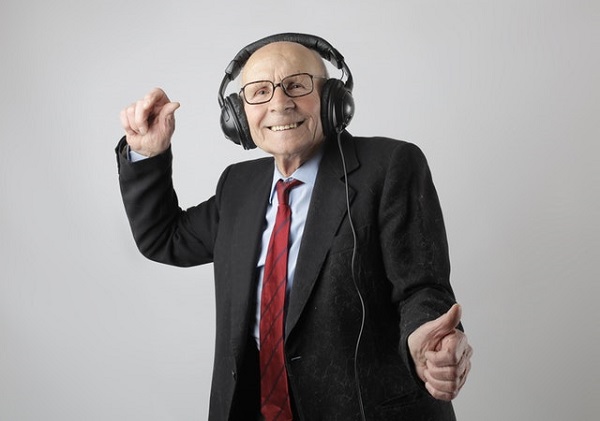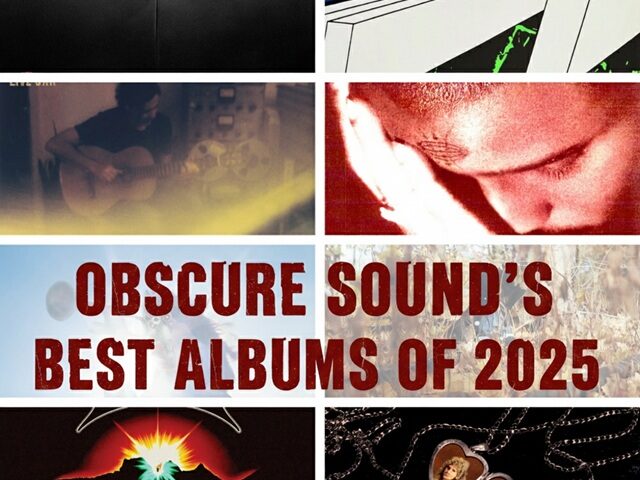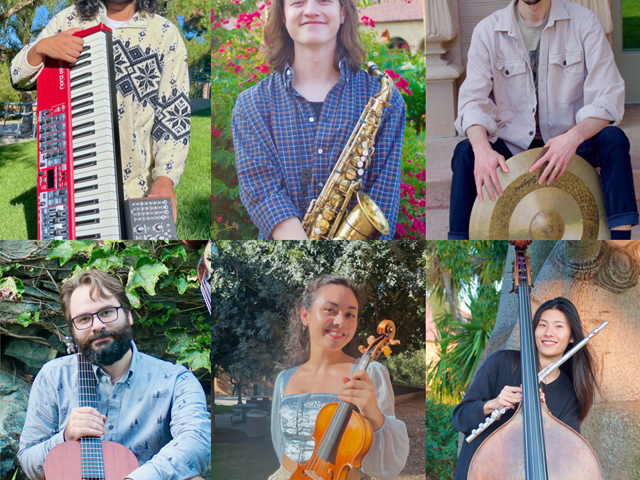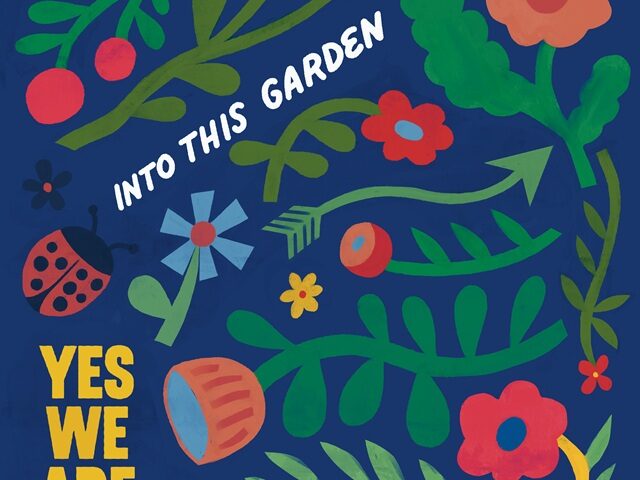
You may wonder why some old songs that you hear as a teenager seem to be more appealing than the songs that you jive with, now that you are already an adult. You may think that it is just a reaction to the evolution of music, but it isn’t just that.
Psychologists and neuroscientists confirm that the songs that you hear from the past hold a position over your emotions. This is supported by evidence that greatly suggests that your brain is tightly bonded with your childhood music and this connection doesn’t weaken as you age.
This unbreakable bond that you made long ago becomes one of the things that may bring stimulation to your brain. And as you listen to these songs, your brain becomes more engaged as you undergo the aging process.
What Happens To The Brain When You’re Listening To Songs
Research suggests that music can help reduce pain, anxiety, blood pressure and at the same time, improves the quality of sleep, memory, mental alertness, and mood.
In a study conducted by Johns Hopkins researchers, they found out how music affects the brains of a person hearing and playing the music. Rappers and jazz performers were directed to improvise songs while under the functional Magnetic resonance Imaging (fMRI) and were observed as their brain reacts with the music.
An otolaryngologist from Johns Hopkins claims, “Music is structural, mathematical and architectural. It is based on relationships between one note and the next. You may not be aware of it, but the brain has to do a lot of computing to make sense of it”.
Similarly, in an experiment conducted by two professors from the University of Central Florida, Kiminobu Sugaya, a neuroscientist, and Ayako Yonetani, a world-renowned violinist, it was found out that music has a significant impact on human behavior and brain function. Music has significantly improved the cognitive and motor skills, stress, and symptoms of depression, spatial-temporal learning, and neurogenesis.
The professors also found out that as an individual listens to music, some parts of their brain were activated. For example, the frontal lobe is used for planning and decision-making, the temporal lobe processes what the person hears, Wernicke’s area for comprehension, amygdala, which triggers emotions, together with other equally significant regions of the brain like the putamen, corpus callosum, hypothalamus, hippocampus, nucleus accumbens, cerebellum, occipital lobe, and Broca’s area.
In contrast to other researchers’ claim that the classical genre is the only music that stimulates the human brain, Sugaya insists that brain stimulation highly depends on the person’s background and preferences.
Other than music, there are various brain-enhancing drugs available on the market. You may consult your doctor regarding this type of drug or ask pharmacies like pharmacy Malaysia online for its availability.
How Music Can Help You Feel Younger
Music Helps Relive Your Younger Years
Harvard Psychology Professor, Dr. Ellen J. Langer conducted her seminal “counterclockwise” experiment, for the past 38 years, having the goal of answering the question, whether if it is possible to physically revert ourselves if the clock is psychologically turned back.
In her experiment back in 1979, she illustrated how reliving experiences that happened during the younger years can significantly improve the overall physical well-being of an individual.
Dr. Langer invited senior men to relive a week in 1959 by confining them in a building together, renovated as if it was like in 1959. These men discussed events, watched television shows on black-and-white television, as well as listening to music that was popular during 1959. After a week, the participants had significantly improved their vision, hearing, memory, and physical strength.
The experiment of Dr. Langer required the immersion of men in a simulation of their younger years accompanied by various cultural clues. However, evidence suggests that it may not be imperative to replicate elaborate factors to have the same reversion effects.
In essence, music is one of the cultural cues that were vital for the success of Dr. Langer’s counterclockwise experiment and listening to music from your past may bring you to the time when you first heard it.
You Become More Energized, Alert & Emotionally Demonstrative
In a study conducted by Lutz Jäncke in Zurich Switzerland, the author provided significant roles of listening to music which is accompanied by increased blood flow in upper extremities such as the head, particularly the areas known to be involved in emotion control and generation.
In substance, actively or passively listening to music activates a specific region in your brain which stimulates psychological functions like emotion, attention, memory imagery, and more.
The Brain May Have Replicated The Chemicals From The Past To Present
Understanding how your brains become attached to specific songs will strengthen your understanding of how music and people’s minds work together.
Any song that you hear from the past would begin by stimulating the auditory cortex, making coherence out of the rhythms, harmonies, and melodies that you hear. As the premotor cortex is activated, you begin to sing and dance along with the music. As you pay attention to the instrumentations and lyrics, the parietal cortex is stimulated. As soon as a song triggers certain memories, your prefrontal cortex is prompted, retaining important information.
The memories brought by music are fueled by the emotions that spur from an individual’s reaction to that certain song. Studies have shown that song stimulates the brain’s pleasure circuit, producing neurochemicals, like dopamine, oxytocin, and serotonin that make you feel good.
The more you become drawn to particular music, the more you get filled with neurochemical bliss and as these neurochemicals are being infused with your bloodstream, the more you feel reverted to your younger years.
Which Music Best Rolls Back The Years?
Although the Mozart effect holds prevalence to most people, Kiminobu Sugaya and Ayako Yonetani say that it isn’t necessarily true.
Going back to their recent findings, the best music to roll back the years depends on your distinct personal and musical background – it may be jazz, classical, rock, or hip-hop. Any genre has the potential of reverting your year.





